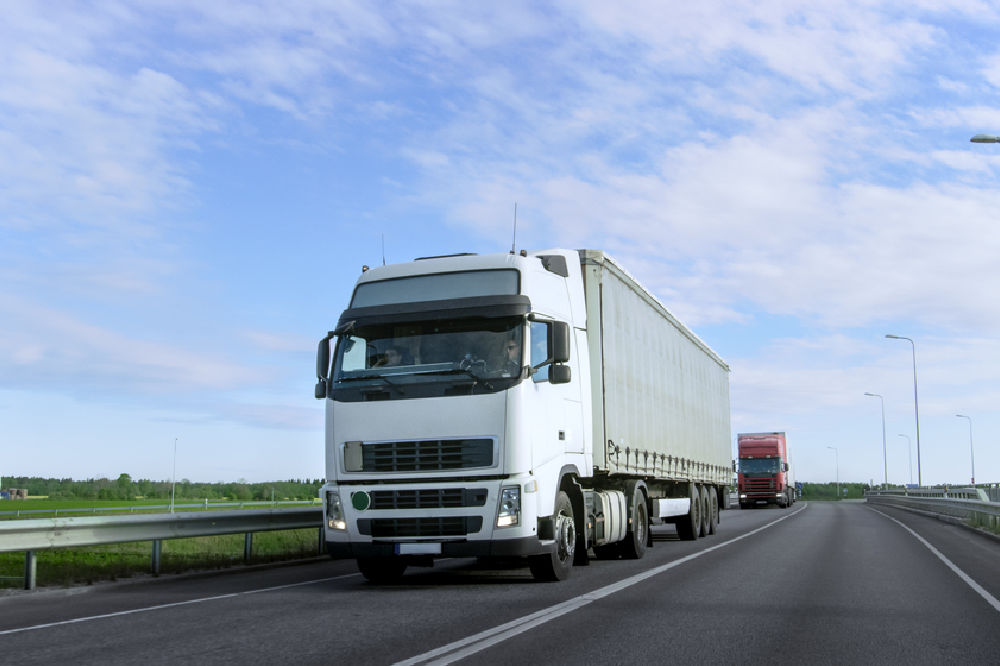
5 Roles of Commercial Trucking Regulations in Preventing Accidents on Indiana’s Highways
April 28, 2023Despite the many trucking accidents on Indiana’s roads, commercial trucking regulations help to keep Indiana’s highways safe by preventing accidents and ensuring the safety of drivers, passengers, and pedestrians. While these regulations can seem complicated and overwhelming, they are essential for ensuring the safety of those who share the roads. The blog post will explore the roles of commercial trucking regulations in preventing accidents on Indiana’s highways and how they help to keep the roads safe for everyone.
Table of Contents
1. Regulation on Hours of Service
The service hours regulations help limit fatigue and ensure drivers have adequate rest periods while operating commercial motor vehicles. Specifically, the regulation requires drivers to take a break of at least 30 minutes after every 8 hours of continuous driving. The 30-minute break helps to reduce the risk of accidents due to driver fatigue, an issue that is increasingly common among truck drivers in Indiana.
Although these regulations are in place, it is essential to note that truck drivers may not always follow these rules. As such, truck drivers may be at fault in case of a truck accident, as truck drivers may be operating while fatigued. Therefore, if you suffer injuries in a truck accident, contact an Indianapolis truck accident lawyer to help you prove at-fault parties and discuss your legal options.
2. Ensuring Proper Licensing
The Commercial Driver’s License (CDL) is a mandatory credential the state issues to all commercial motor vehicle operators. Commercial truck drivers must obtain a CDL to legally operate their vehicles on the highway. The Federal Motor Carrier Safety Administration (FMCSA) provides guidance and oversight to states on the standards for issuing and renewing CDLs.
To qualify for a CDL, applicants must pass written and skills tests and meet minimum age, medical, and background requirements. These measures help ensure all Indiana highway commercial drivers are appropriately qualified and licensed.
3. Mandating Regular Inspections
Commercial trucking regulations require regular inspections of trucks and their components. These checks are necessary to ensure the vehicles are safe and adequately maintained. Drivers must also have their trucks inspected at least every six months or when they cross state lines, and any repairs necessary must be completed before embarking on the journey.
Trucking companies can prevent mechanical failures that cause accidents by performing these inspections. Suppose you are involved in a truck accident. In that case, an experienced truck accident lawyer can help gather expert evidence, such as forensic evidence, to help prove malfunction, poor maintenance, or even illegal modifications.
4. Drug and Alcohol Testing Program

The Federal Motor Carrier Safety Administration (FMCSA) requires drug and alcohol testing of all commercial drivers to reduce the number of accidents on Indiana’s highways. This program includes pre-employment, post-accident, random, and reasonable suspicion testing. The FMCSA has set strict guidelines for drug and alcohol testing, including specific rules for recordkeeping, retesting, and disqualification.
These regulations are in place to ensure that only drivers who are free from drugs and alcohol operate commercial vehicles on Indiana’s roads. However, if you find yourself in a trucking accident, a truck accident lawyer can help you prove parties at fault and include drug testing reports in their evidence.
5. Regulation on Transportation of Hazardous Materials
Commercial trucking regulations are essential to protect people on the highways of Indiana from accidents involving hazardous materials. The Department of Transportation (DOT) requires commercial drivers to obtain a Hazardous materials endorsement before transporting dangerous cargo.
Drivers must also be trained in proper safety protocols and understand the risks of carrying hazardous materials. Trucking companies must also register with the DOT, adhere to strict packaging standards, and comply with federal labeling requirements. These measures ensure the safe transportation of hazardous materials and help reduce the risk of an accident.
Conclusion
Commercial trucking regulations play an essential role in keeping Indiana’s highways safe. By limiting hazardous materials, enforcing hours of service regulations, mandating regular inspections, ensuring proper licensing, and implementing a drug and alcohol testing program, the state of Indiana is working hard to ensure its roads are safe for everyone. However, since trucking accidents can be complex and the process of seeking justice even more so, it’s crucial to seek legal advice from an experienced truck accident lawyer in Indiana to help you get justice and receive maximum compensation for your damages.











